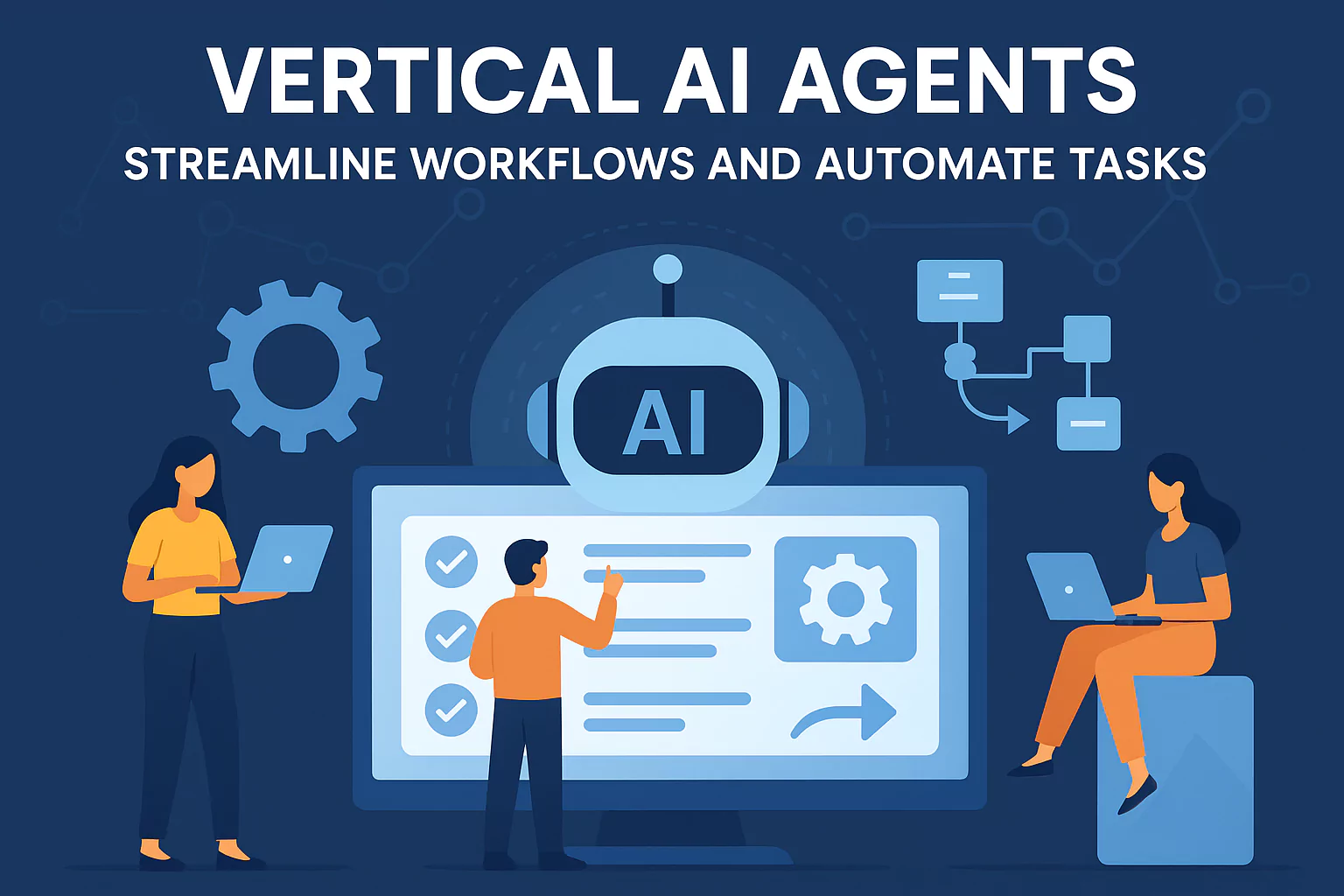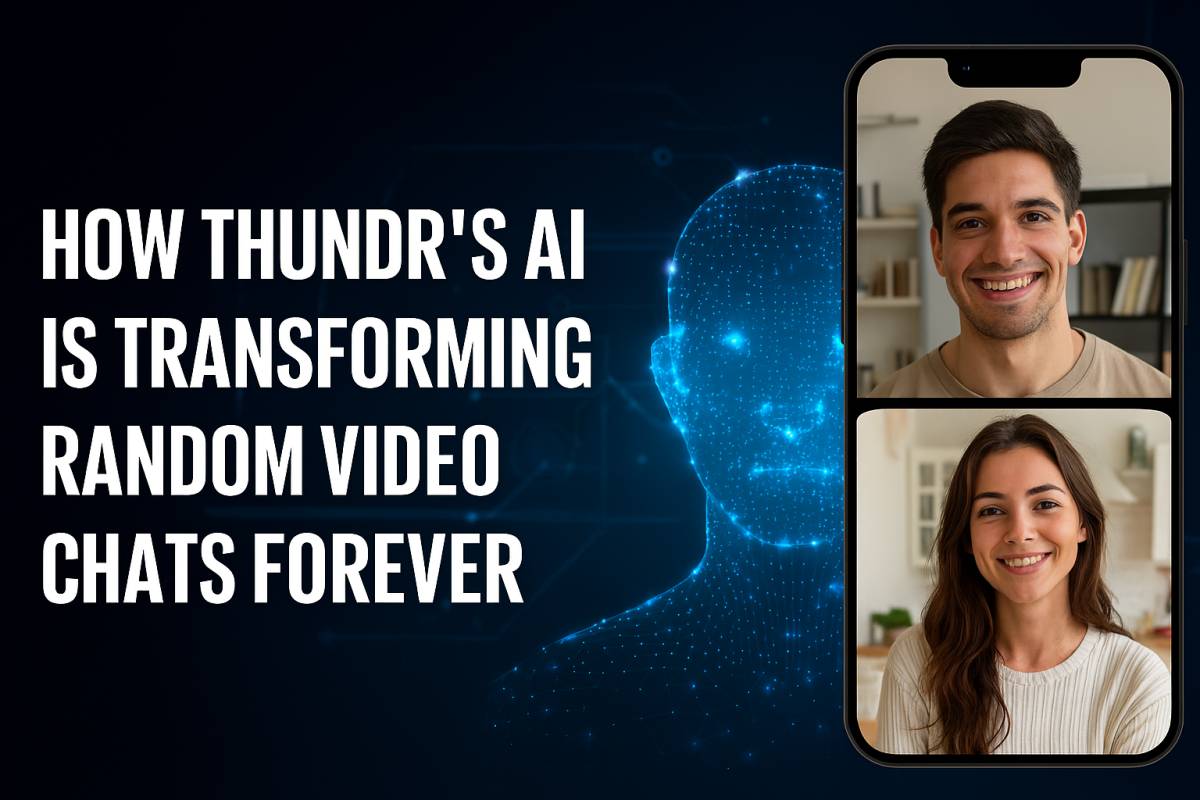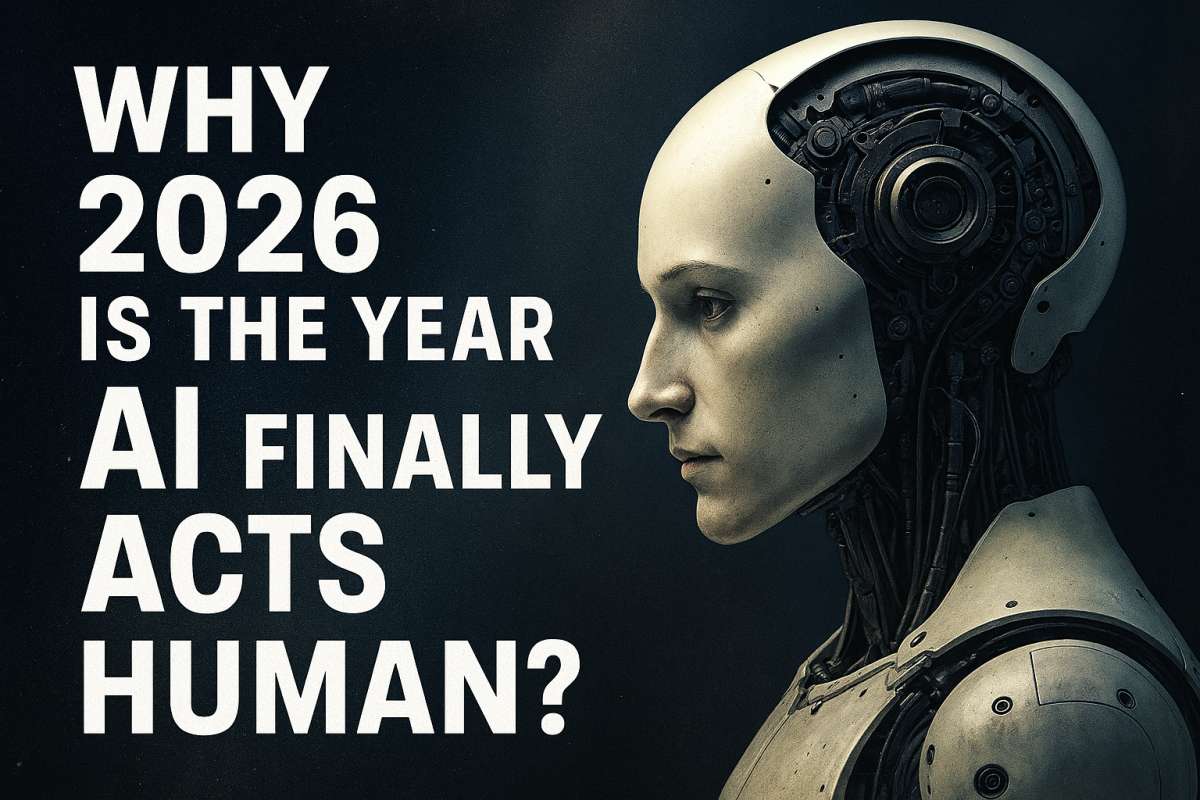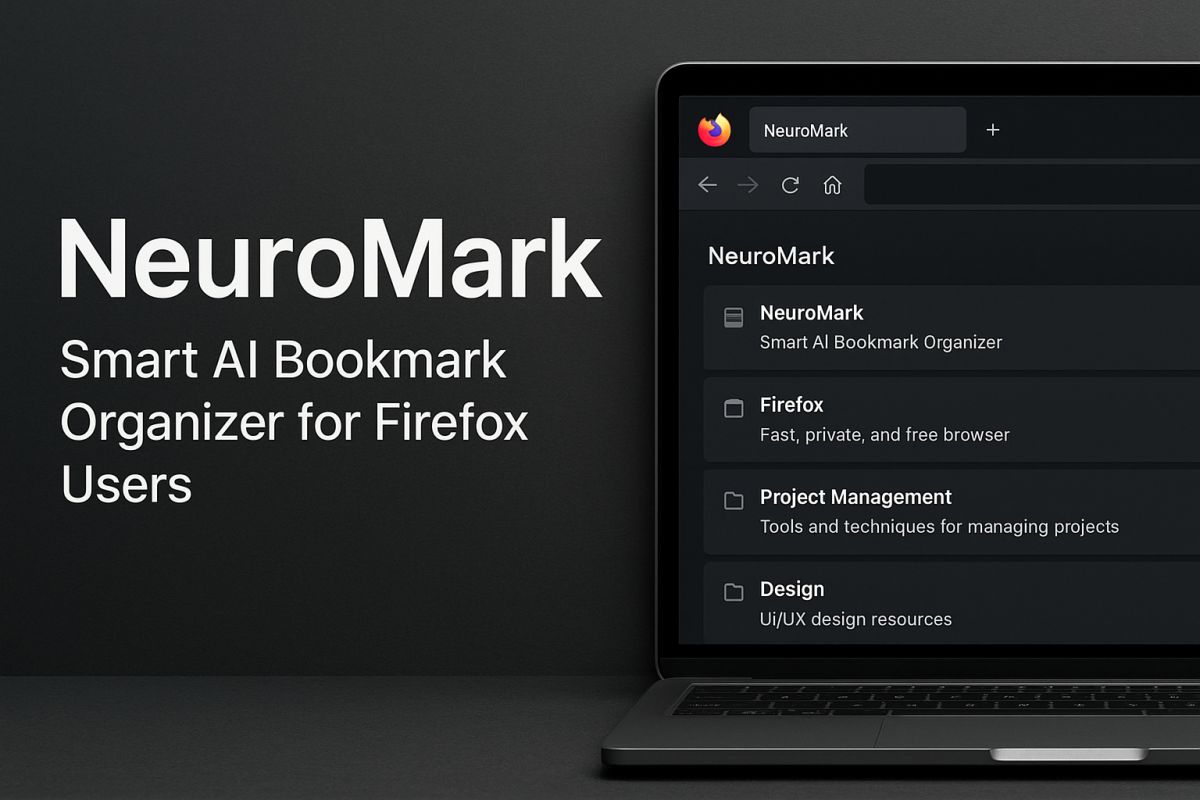How Vertical AI Agents Drive Automation and Growth

Vertical AI agents are transforming industries by automating domain-specific tasks, reducing operational costs, and accelerating business growth through tailored intelligence. These agents, designed for specific industries like healthcare, finance, legal, or retail, understand the nuances of their verticals, enabling them to make faster, more accurate decisions and streamline complex workflows. This focused application of artificial intelligence is pushing the boundaries of automation while unlocking new growth opportunities for businesses.
Understanding Vertical AI Agents
What Are Vertical AI Agents?
Unlike general-purpose AI models, vertical AI agents are trained and optimized for a specific industry or domain. They are deeply embedded with the knowledge, workflows, and compliance standards of their respective fields. For example:
- In healthcare, they understand patient care protocols, medical terminology, and HIPAA regulations.
- In finance, they interpret financial data, risk management, and regulatory compliance.
- In legal, they process case law, contracts, and perform due diligence tasks.
This vertical focus allows them to deliver highly specialized services that generic AI models cannot match.
Vertical vs. Horizontal AI
Horizontal AI tools, like ChatGPT or Google Assistant, are built to handle a broad range of queries with general knowledge. In contrast, vertical AI is like a trained expert in one field. This specificity allows for greater depth, accuracy, and trust, particularly in high-stakes industries where domain knowledge is crucial.
The Role of Vertical AI in Automation
Automating Industry-Specific Tasks
One of the primary ways vertical AI agents drive automation is by handling routine and repetitive tasks in a highly intelligent manner. For instance:
- In healthcare, AI agents automate patient intake, documentation, and even diagnostic suggestions.
- In banking, they automate fraud detection, loan processing, and customer support.
- In e-commerce, they personalize product recommendations, manage inventory, and predict demand.
These agents act as digital co-workers, freeing up human staff to focus on more strategic, creative, or interpersonal work.
Integrating with Existing Systems
Vertical AI agents are often designed to integrate seamlessly with existing business software like CRMs, ERPs, and industry-specific platforms. This makes implementation easier and reduces the time to value for businesses deploying them.
For example, a legal AI agent might integrate with a law firm’s document management system to automatically review and flag clauses in contracts, speeding up the review process significantly.
Driving Business Growth
Enhancing Decision-Making
Because vertical AI agents are trained on industry-specific data, they can offer data-driven insights and predictive analytics that lead to better decision-making. For example:
- A retail AI agent might analyze customer data to optimize pricing strategies and forecast seasonal trends.
- A manufacturing AI agent can predict equipment failures before they happen, reducing downtime and saving costs.
These capabilities directly contribute to higher productivity, customer satisfaction, and revenue growth.
Scaling Operations Without Proportional Costs
One of the most powerful impacts of vertical AI is that businesses can scale their operations without scaling their workforce at the same rate. By automating critical parts of the workflow, companies can serve more customers, handle more data, or process more transactions without significantly increasing overhead.
Improving Customer Experience
Vertical AI agents also enhance customer experience by:
- Offering faster, more accurate support.
- Delivering personalized experiences.
- Operating 24/7 without fatigue.
For example, a real estate company might use a vertical AI agent to instantly match home buyers with listings that match their preferences, speeding up the buying process and improving satisfaction.
Real-World Examples
1. Healthcare – Aidoc
Aidoc is a vertical AI agent that assists radiologists by analyzing medical imaging in real time. It identifies potential health issues, prioritizes urgent cases, and streamlines the diagnostic process, improving both accuracy and speed.
2. Legal – Luminance
Luminance uses machine learning to read and understand legal documents. It automates contract review, highlights potential risks, and helps legal professionals conduct due diligence more efficiently.
3. Finance – Zest AI
Zest AI is used by lenders to make more accurate and inclusive credit decisions. It leverages a vertical AI model trained specifically on financial data and regulatory guidelines.
Challenges and Considerations
Data Privacy and Security
Since vertical AI agents often process sensitive industry data, ensuring data privacy and compliance is critical. Companies must choose vendors that prioritize security and comply with regulations like GDPR, HIPAA, or PCI-DSS, depending on their industry.
Change Management
Adopting AI can lead to internal resistance. It’s important to manage change carefully—training staff, clarifying the role of AI as a supportive tool rather than a replacement, and highlighting the benefits to both employees and customers.
Customization and Scalability
Every business within a vertical is unique. One-size-fits-all solutions may not work. Businesses should look for AI solutions that are customizable and scalable, capable of adapting to their specific needs and growth plans.
The Future of Vertical AI
The vertical AI landscape is expanding rapidly. With advances in natural language processing, multimodal AI, and agentic architecture, these tools are becoming even more capable. In the near future, we’ll see:
- Hyper-personalized services driven by AI agents.
- Increased use of AI copilots in decision-making.
- More autonomous agents capable of handling complex, end-to-end processes.
Companies that adopt these technologies early are likely to gain a significant competitive advantage in their industries.
Conclusion
Vertical AI agents are no longer just experimental tools—they are practical solutions driving real automation and tangible business growth across industries. By specializing in one domain, they bring depth, precision, and efficiency that generic AI cannot offer. As these agents become more sophisticated and accessible, businesses that embrace them now will be better positioned to lead in the digital age.









